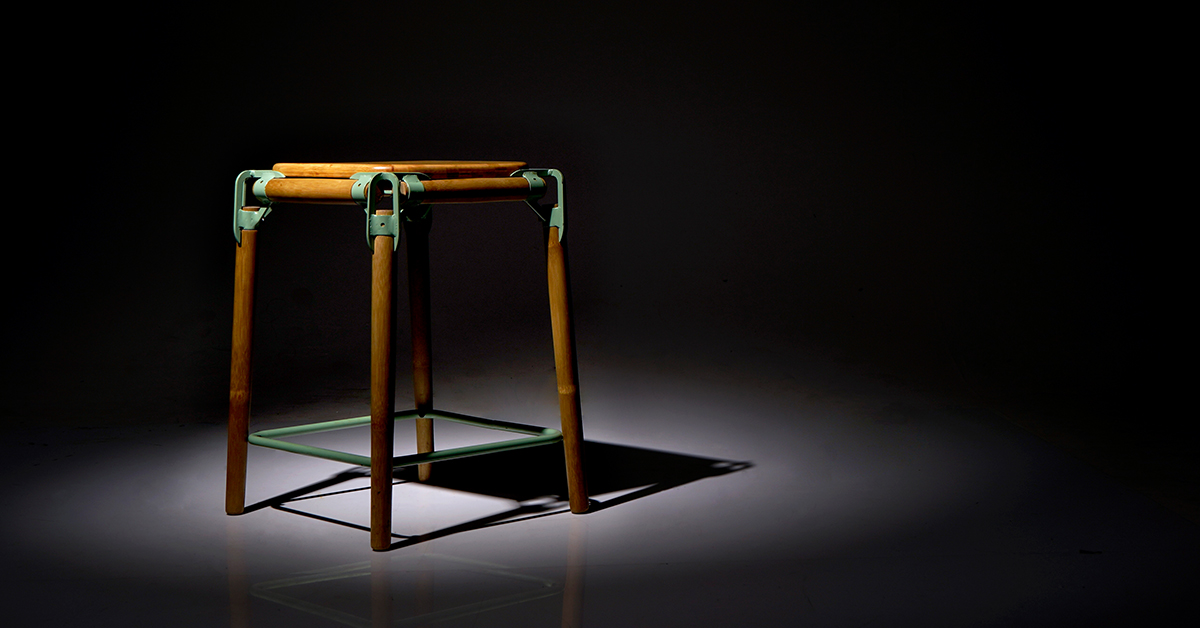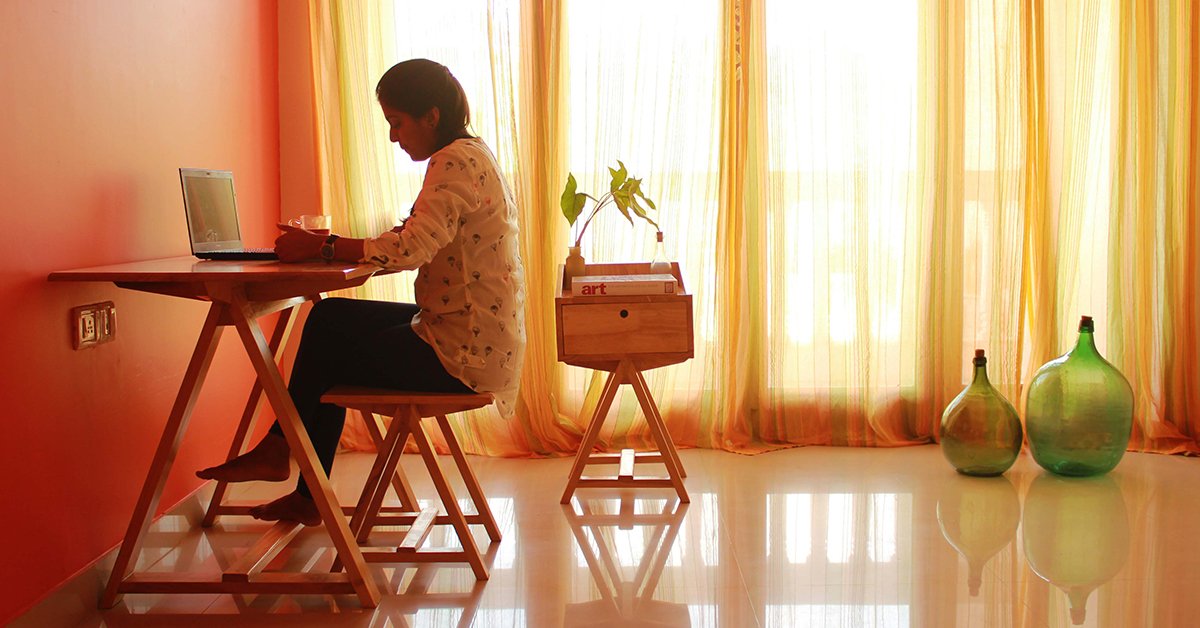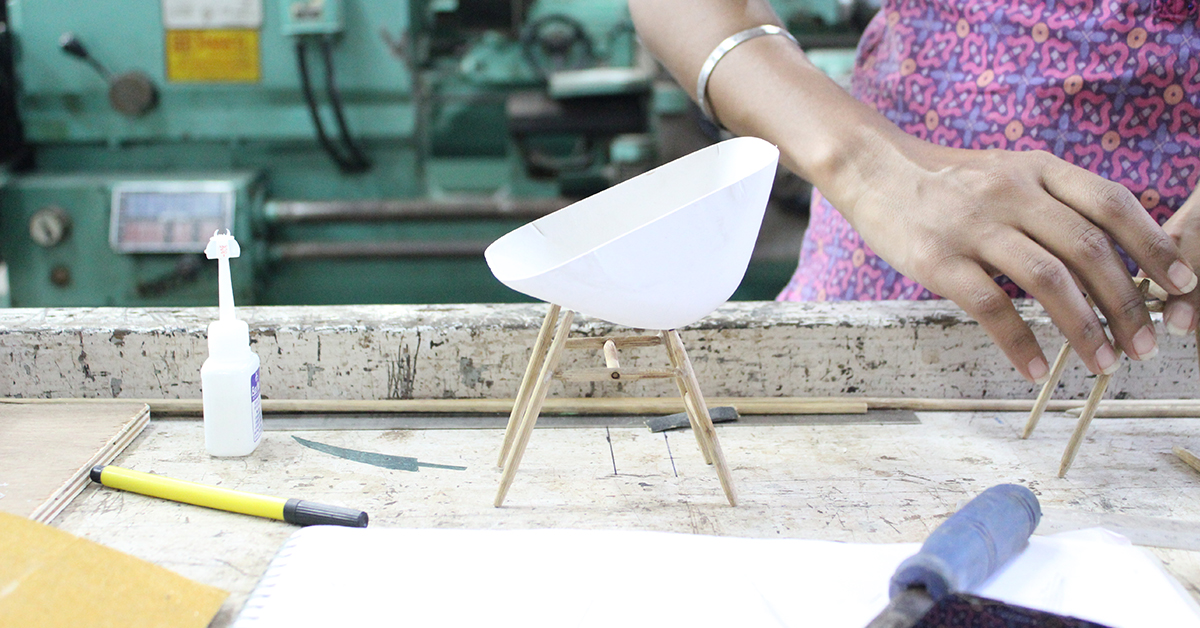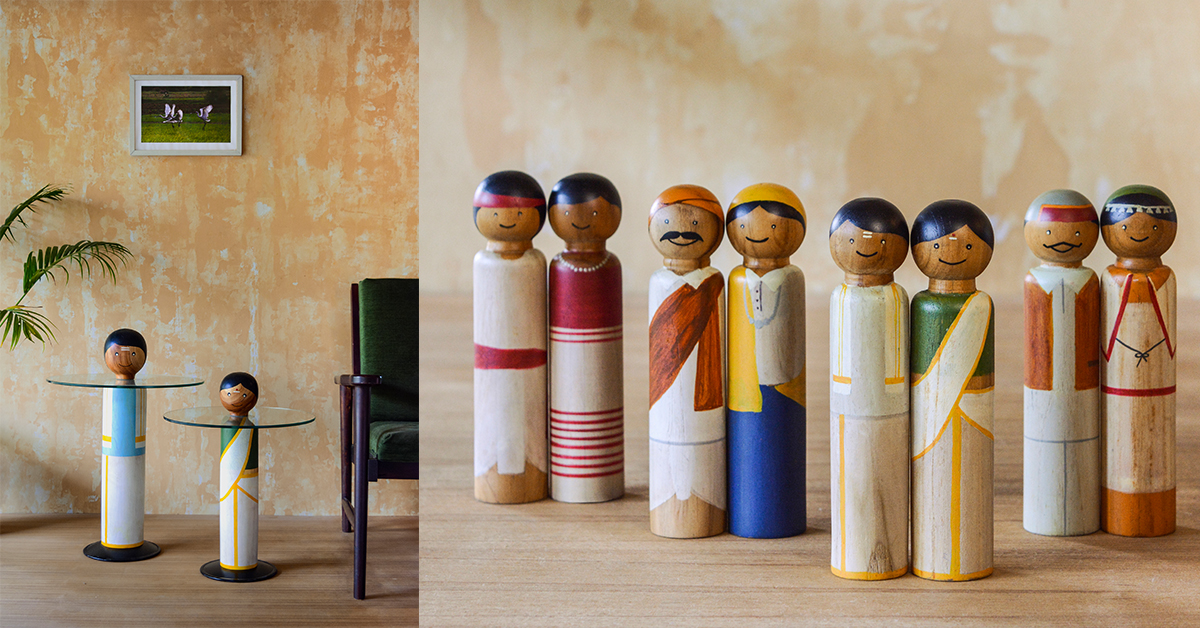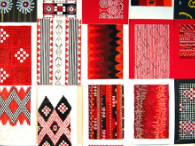The discipline of Furniture and Interior Design at NID looks at shaping and functional analysis of living, working and interaction environments through study and development of objects, structures and systems operating on human scale responding to their collective impact on everyday life. The program addresses concurrent issues of sustainability and human relationships with resource and environmental concerns by taking up in-depth study of materials, techniques, processes, aesthetics, projections and resonance of a product in its social context. The discipline helps to build technical, pragmatic and research skills to perform in practice-oriented industries as well as engage with new emerging models of design practices. The program enables integral control through research over definition and design of furniture-interior objects and makes them respond to seemingly distant but crucial requirements of contextual and environmental design through systems perspective.
The M.Des (postgraduate) program places well researched studio practice at its core by enabling an informed interdisciplinary negotiation between needs, constraints and applications to lead discourse, practice and transformation of attitude of working with materials, objects and environments in concurrent social context. Students seek an integral approach combining factors like materials & their environmental impact, fabrication & production and techno-aesthetic-experiential understanding to identify new design practices and opportunities to address changes and demographic shifts of the 21st century.
Read MoreFaculty
Andrea Maria Sonalie Noronha
andrea_n[at]nid[dot]edu
Gargi Raychaudhuri
gargi_raychaudhuri[at]nid[dot]edu
Neha Nandkumar Mandlik
neha_mandlik[at]nid[dot]edu
P. Rama Krishna Rao
raoprk[at]nid[dot]edu
Pravinsinh Solanki
pravinsinh_s[at]nid[dot]edu
Info
Seats
19
COURSE OFFERED
Ahmedabad Campus
DESIGN FACULTY
Industrial Design
Student Works
Furthermore, the students are expected to attain an understanding of a body of theoretical and practical knowledge and are trained to carry out design processes as a part of a team as well as independently. Their understanding of the domain of design is demonstrated through measurable learning outcomes during the programme. Students are not only expected to complete specific courses but also to develop critical and analytical abilities together with educational values that contribute to a lifelong learning attitude.

